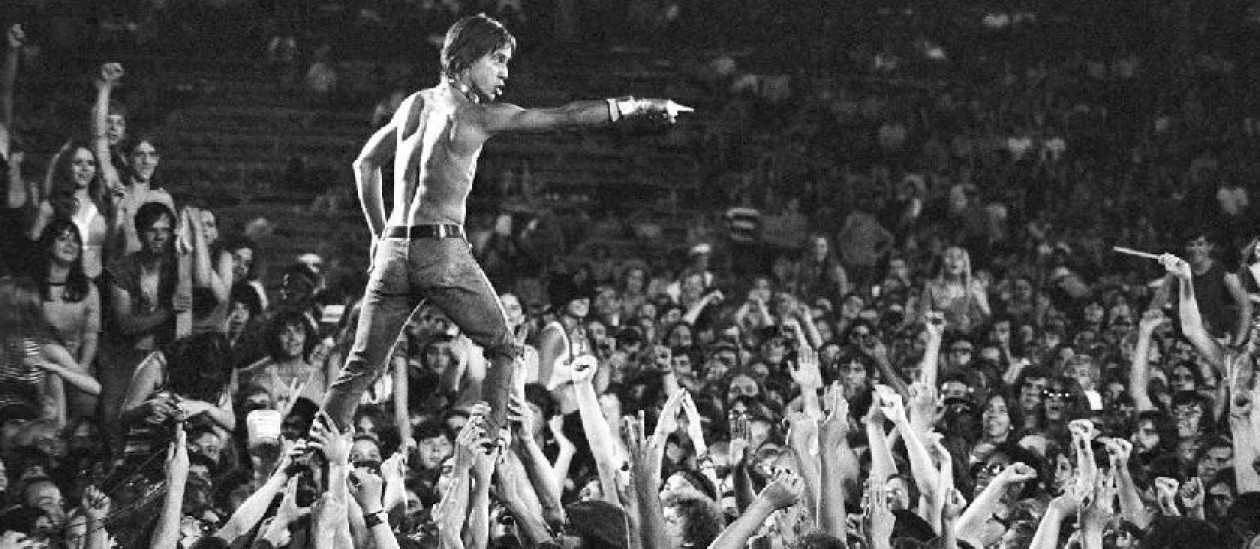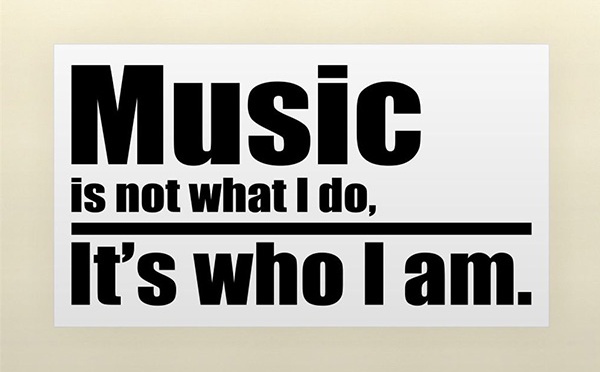This past summer, I had the privilege of enjoying a major music festival that took place a stone throw (and three stops on the Blue Line) away from my Chicago suburb, Elmhurst, Ill. I was overflowing with excitement as I prepared myself for my first experience with Chicago’s Pitchfork Music Festival, a festival known for guaranteeing a lineup of diversity so strong it would put the original organizers of the ‘60s Monterey Pop and Woodstock Festival into a fit of shock.
I had a list of 16 different artists I hoped to catch glimpses at, some deserving a simple sitting and watching-glimpse while others were given hours of pre-show wait time. Interestingly enough, the many different friends and old high school classmates I saw at the festival also had hopes to make bizarre show transitions similar to my own, going from a punk-rock set to a vocal-focused, more synth-heaving experimental pop.
Saturday led me to hop from boisterous hip-hop MC Danny Brown, where crowd-surfing and mobs of sweaty teens shouting obscenities back and forth lasted the entire performance, to art-rock mqueen St. Vincent, where flocks of fans would be heard crying through smiles and song at the musician’s delectable, and then end with the legendary indie-rock group Neutral Milk Hotel.
The true beauty of this festival experience was seeing the same extremely mixed bag of adolescents showing up to the same random performances. With options as diverse as Compton-based MC Kendrick Lamar and disco pioneer Giorgio Moroder, the evidence for one strict genre, one major act everyone could agree to give full attention to, was nowhere. All I witnessed was the communal love of live music showing its true colors, with the fest’s youthful attendees bouncing from genre to genre, demonstrating why Generation Z has become the most productively nonconforming batch of music lovers since the original rock ‘n’ roll pioneers who led kids to go against their parents wishes and the mundane pop they were previously subjected to.
My weekend and Pitchfork led me to think critically about the lack of consistent musical identity that appeared to me from Generation Z. It doesn’t stop at the gathering of bands for weekends of debauchery and live music; with the vastness of musical exploration possible through legal streaming entities such as Spotify and illegal torrent forum sites, stocking up not only your favorite artist but also musical inspirations translates to simply waiting whatever number of hours your computer’s downloading process takes. This leads to a massive collage of musical love interests for fans, making the barriers that once barred “outsiders” from listening to something against the status-quo of the time period nonexistent.
In an intriguing offshoot of a growing (but still far from fully grown) level of cultural acceptance in the Generation Z demographic, the idea of not settling on one band being the band reiterates the idea that even though everyone comes from different walks of life, life—and in turn, music—should be enjoyed by everyone however they wish to do so, leaving their music identity to be defined by only themselves.
One thing is certain: for the fanatics who go the extra mile in music discovery, the outlets are increasingly becoming more attainable. For the super fan who prides themselves on a genre or era-spanning band t-shirt collection, attending all kinds of different live performances can always lead to expansion.
For the members of Generation Z who wish to give musicians the credit they deserve for their work without listening to the albums they love through streaming sites, the recent increase in interest vinyl records and record players supports that option, while continuing to push diverse, creative acts toward comprising what would be a jumbled but proud music identity.
The revitalization of vinyl has been a growing phenomenon in the past ten years, as CD sales continue to fall and record sales increasingly become more and more strong. As musical mediums have changed in the past, it’s unsurprising that in our day of technology, music fans have a convenience factor unlike any generation before.
This diversification of music does not mean there is no song everyone can agree on. Some of the greatest songs are ones that become crossover hits, going from one group of listeners to another, continuing until it becomes too big for its own good. We’ll always have our Beatles and Michael Jackson’s, but with Generation Z, the idea of a music identity is the possibility to see a Prince stadium show the night before a 50-attendees punk show. Musical obsessions can be as genre spanning as a person pleases.


One thought on “The New Age of Fluid Musical Identities”